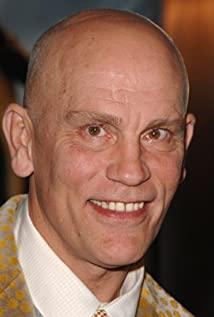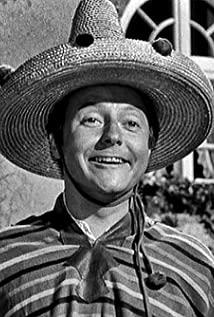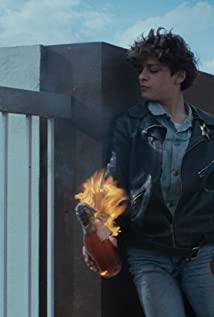It seems that Hugo wrote this work to explore real human nature: if someone has done a little wrong, but he has made up for it with a lifetime of good deeds, then such a person should Should we be punished, or should we be forgiven?
Hugo's answer is: We should all tolerate the small weaknesses in human nature. If we use love to tolerate and influence, then this person's heart will also be full of love and learn to help others and become a kind person. People. And we do good because of tolerance.
It seems abstract, but you see the decades of chase and abandonment between Jean Valjean and the policeman Javert, which is about who is good and who is bad. The police are not necessarily good people, and the prisoners are not necessarily bad people. Especially in those days, Jean Valjean was sentenced to nineteen years in prison for robbing a loaf of bread from a store because he was too hungry, and he was not too bad in himself for saving his inmates in prison.
That priest really ignited the bright side of humanity, and the two candlesticks accompany Jean to the end of her life. Later, the mother of the monastery also used a lie to save Jean and his daughter. It can be seen that Western religions also uphold the spirit of tolerance and use love to influence.
I think his son-in-law is really stupid, his appearance is not satisfactory, his close-up picture is very ugly, and his hair is very fake. Especially the part that was injured by the cannonball, it was just stupid, but fortunately, the old man gave his life to save him. After the idiot got married, he still looked down on his father-in-law, but in fact he looked down on the former prisoner as a noble.
Jean's daughter is beautiful, especially the part where she just grew up in a convent; it's in stark contrast to the two daughters of the villain's couple, like the Cinderella part. The eldest daughter has always liked Jean's son-in-law, but she knows with her toes that she is not worthy of others. Every time I see the couple appearing, I get scared. They are really bad-looking. What I don't understand is why the man was able to become a diplomat later, dressed neatly and went to Jean's son-in-law's house to ask for money.
I love that cop Javert, he's so cool and never smiles in the whole movie. The scene where he walked into the river in handcuffs himself was shocking. He asked himself this: because he didn't catch Jean he felt guilty; but if he caught Jean, he felt more guilty. He couldn't answer his own questions, but because he felt guilty, he had to choose to end his life.
I was amazed at the insight and mastery of human nature by the writers of that era. Maybe our age really has too many choices and too many ways of life, but we forget to always pay attention to our inner growth and learn to love others.
View more about Les misérables reviews











